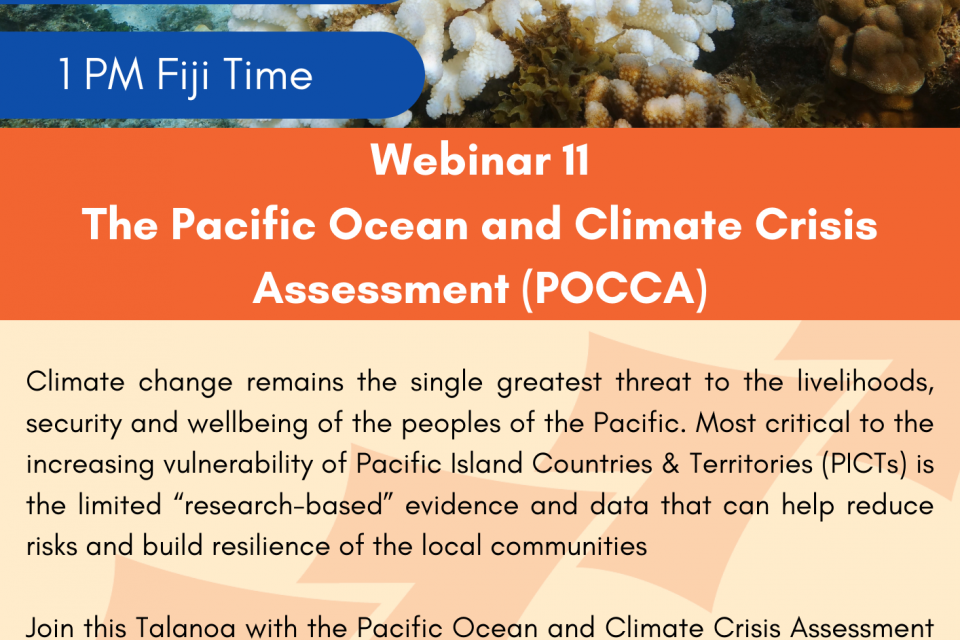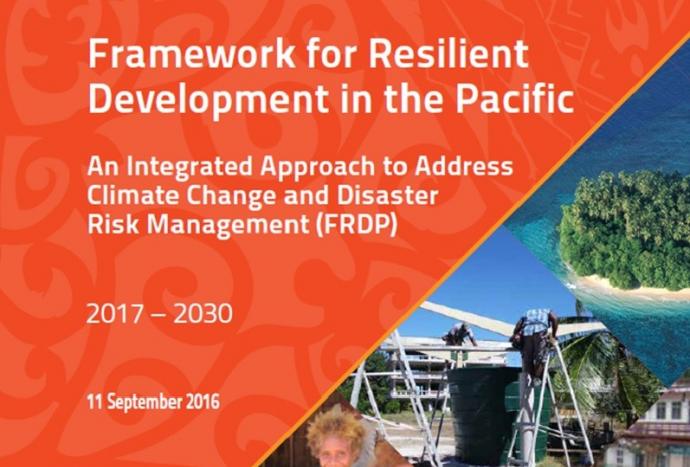PRP Webinar 11: The Pacific Ocean and Climate Crisis Assessment (POCCA)

The Pacific Island Forum Leaders have recognized in the Boe Declaration that “climate change remains the single greatest threat to the livelihoods, security and wellbeing of the peoples of the Pacific”. Pacific Island communities have high exposure, vulnerabilities but with limited adaptive capacity to address adverse slow and sudden impacts of climate change. Most critical to the increasing vulnerability of PICTs is the limited “research-based” evidence and data on community and response mechanisms, to inform, monitor and evaluate ongoing and future actions to reduce risks and build resilience of the local communities.
Pacific-led research to reliably document, analyze and report data on how indigenous knowledge and cultural resilience can work together with science-based approaches to inform climate and oceans policy in an integrated, participatory and interdisciplinary way is important to building resilience in the Pacific. One such research is the Pacific Ocean and Climate Crisis Assessment (POCCA), co-lead by the University of Canterbury and the University of the South Pacific, funded by the Ministry of Foreign Affairs and Trade, New Zealand, and in will work in close collaborations with national, regional, academia organizations and communities.
The POCCA webinar was an opportunity to initiate a talanoa on:
- Evidence for what and for whom? Demands and roles of research on building resilience in Pacific Island Countries.
- Pacific Ocean and Climate Crisis – Research and Information Gap.
- The Pacific Ocean and Climate Crisis Assessment Project – Approaches and Objectives
- Pathways to success – How the POCCA could support the goals, objectives and add value to the Pacific Resilience Partnership? How the Pacific Resilience Partnership Task Force, Academia and different networks guide and facilitate the POCCA activities.

